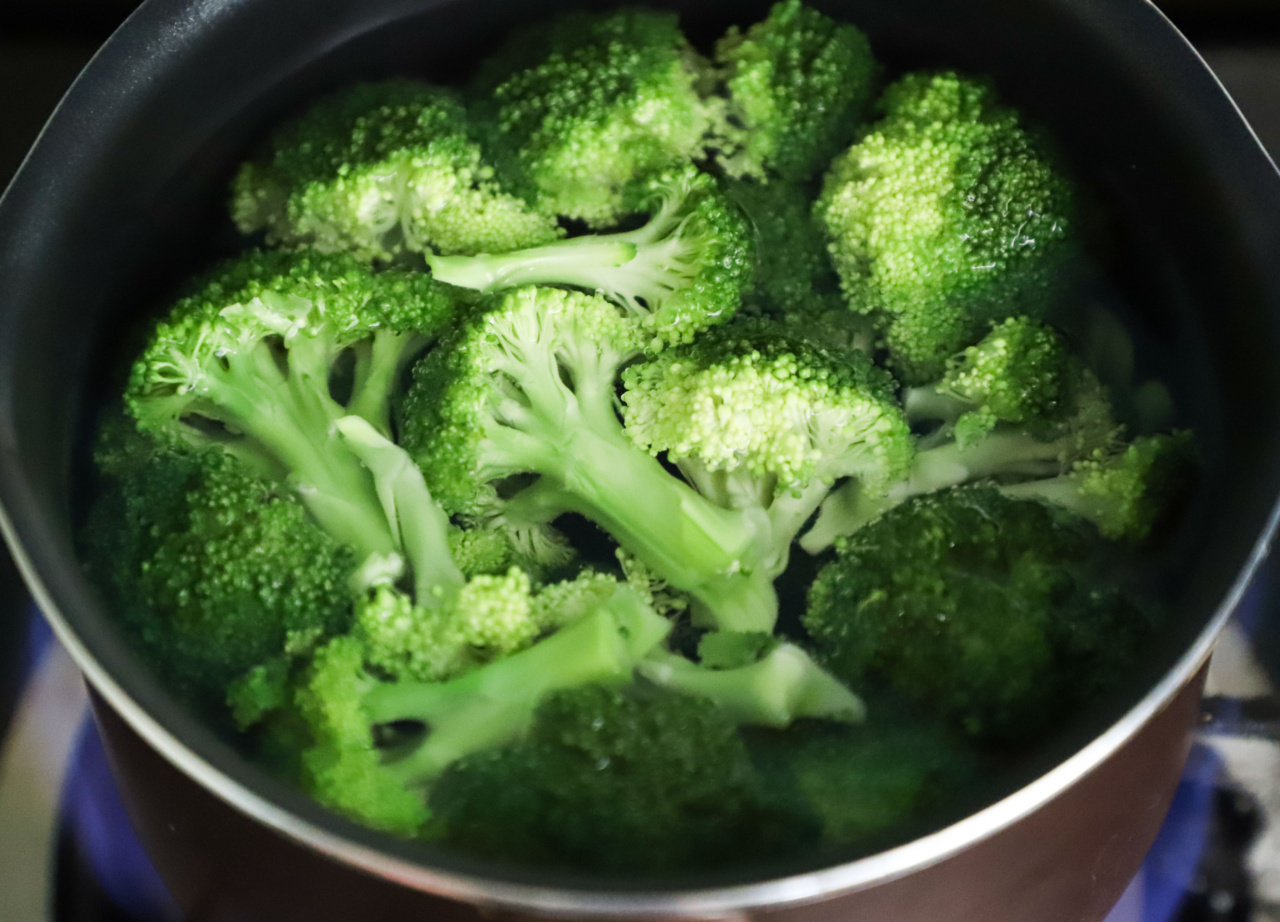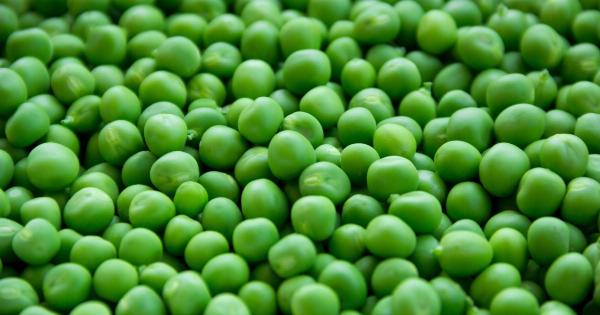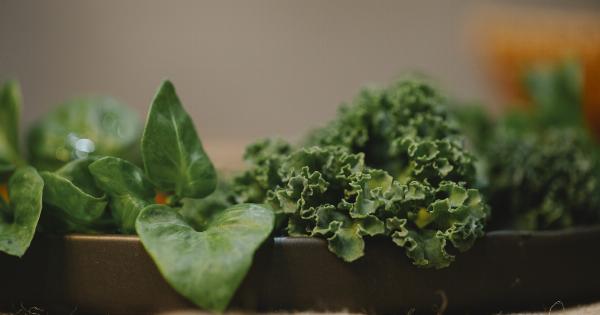Incorporating vegetables into our diet is essential for maintaining good health. Whether you prefer them raw or cooked, vegetables provide a wide range of important nutrients that contribute to overall well-being.
However, the cooking process can affect the nutritional value of vegetables, and it’s important to understand the benefits and drawbacks of consuming raw and cooked vegetables. In this article, we will explore the advantages and disadvantages of both options to help you make informed decisions about your vegetable consumption.
The Benefits of Raw Vegetables
Raw vegetables are packed with a variety of vital nutrients that can offer numerous health benefits. Here are some advantages of incorporating more raw vegetables into your diet:.
1. Retained Nutrients
Eating raw vegetables ensures that you consume nutrients in their purest form. Raw vegetables are rich in vitamins, minerals, and enzymes that can support optimal bodily functions.
2. Higher Antioxidant Content
Research suggests that cooking vegetables can reduce their antioxidant content. By eating raw vegetables, you can maximize your intake of crucial antioxidants, which help protect your body against harmful free radicals.
3. Improved Digestion
Raw vegetables are abundant in dietary fiber, which aids in digestion and keeps your bowels regular. The fiber in raw vegetables can also promote feelings of fullness, helping you maintain a healthy weight.
4. Enhanced Hydration
Many raw vegetables have high water content, which contributes to hydration. Proper hydration is vital for various bodily functions, including maintaining optimal energy levels and promoting healthy skin.
The Drawbacks of Raw Vegetables
While raw vegetables offer numerous benefits, they also have some drawbacks:.
1. Potential Digestive Issues
For individuals with sensitive digestive systems, consuming raw vegetables can lead to bloating, gas, or discomfort. Cooking vegetables can make them easier to digest, which may be preferable for some individuals.
2. Limited Nutrient Availability
Although raw vegetables retain their nutrients, some of these nutrients may be less bioavailable in raw form. Cooking certain vegetables can increase the availability of certain nutrients, making them more easily absorbed by the body.
3. Decreased Shelf Life
Raw vegetables tend to spoil more quickly than cooked ones. If not consumed promptly, raw vegetables may go to waste. Cooking vegetables can increase their shelf life, allowing for better meal planning and reduced food waste.
4. Safety Concerns
Raw vegetables, particularly leafy greens, can sometimes harbor harmful bacteria or parasites. Cooking vegetables can help eliminate these potential risks by destroying pathogens that may be present.
The Benefits of Cooked Vegetables
Cooking vegetables can provide several advantages that may appeal to different individuals:.
1. Increased Nutrient Absorption
Heat breaks down the cell walls of vegetables, making it easier for the body to absorb certain nutrients. Cooking vegetables like tomatoes and carrots can enhance the availability of antioxidants such as lycopene and beta-carotene.
2. Enhanced Flavors
Cooking can significantly alter the taste and texture of vegetables, making them more savory and appealing to those who struggle with the raw counterparts.
By adding herbs, spices, or healthy oils during the cooking process, you can elevate the flavors even further.
3. Lower Risk of Foodborne Illnesses
Cooking vegetables at the appropriate temperature can help eliminate harmful bacteria, reducing the risk of foodborne illnesses.
This is especially important for individuals with compromised immune systems, such as pregnant women, children, and the elderly.
4. Increased Variety
Cooking vegetables allows for greater culinary versatility. You can explore different cooking methods such as roasting, steaming, or stir-frying to add variety to your meals and enhance the appeal of vegetables.
The Drawbacks of Cooked Vegetables
Despite the benefits, cooking vegetables can have certain drawbacks:.
1. Lost Nutrients
Cooking can lead to nutrient losses, particularly when boiling or overcooking vegetables. Water-soluble vitamins like vitamin C and B complex vitamins are most vulnerable to degradation during the cooking process.
2. Increased Calorie Density
Some cooking methods may involve adding oil, butter, or sauces to vegetables, increasing their calorie density. This can be problematic for individuals aiming to manage their calorie intake or lose weight.
3. Gradual Oxidation
Oxidation can occur during cooking, potentially reducing the nutrient value of vegetables. Overcooking or reheating vegetables multiple times can further accelerate nutrient degradation.
4. Time and Effort
Cooking vegetables often requires time and effort, which may discourage individuals from consuming vegetables altogether. For busy individuals, the convenience of raw vegetables can be more appealing.




























